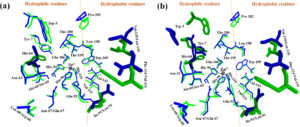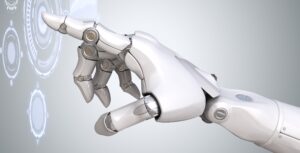INSPIRATION
Separating or sorting garbage is as important as an effective waste collection to ensure that the right materials are sent for recycling. Unfortunately, this process is still a bottleneck for many waste management facilities as the majority of them follow a single-sort system in which all the recyclables end up in the same box. But the recyclables like plastic and cardboard need to be separated. AI-powered sensors differentiate among items made from different materials as well as nuances among the ones of the same materials. It also detects chemical contamination in the items. This is why the use of AI in waste management is one of the emerging circular economy trends. Moreover, AI-driven machines sort recyclables much faster than humans using computer vision and deep learning algorithms. AI enables waste management companies to reduce the need for manual labor, thus, cutting costs and maximizing efficiency.
British startup RECYCLEYE offers automated waste management solutions that utilize AI and robotics. The solution’s algorithms replicate the power of human vision to identify items in waste streams. Recycleye engages in waste sorting with the help of the AI vision system that identifies and classifies all items on waste streams – by material, object, and even brand. WasteNet, the startup’s visual database of labeled
waste items, identifies waste at the brand level. Leveraging AI to power Recycleye’s robotic picker, it adapts to changing waste compositions without any need for retrofit.
Lixo is a French startup that offers hardware and software tools for waste management companies. The startup’s digital twin connects to the waste management infrastructure. The software solution consists of an AI tool that shows a precise view of waste flows, analyzes their composition, and characterizes the waste in real-time. A dashboard allows the stakeholders to view key indicators like purity, flow, and downtime.




